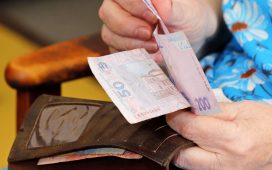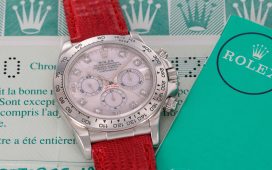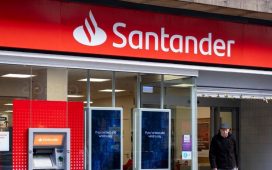Stay informed with free updates
Simply sign up to the Investments myFT Digest — delivered directly to your inbox.
One sign that your products are in demand is when governments start handing you free money to help you produce more. That is the fortunate situation that defence company Chemring has found itself in, though the reasons behind it are less cheery.
It was recently awarded £90mn in grants from the European Commission and Norway’s government to boost capacity at Chemring Nobel, the explosives factory in Norway that makes materials used in artillery shells. Nato members’ stocks of munitions have depleted as they attempt to ensure Ukrainian armed forces have enough supplies to defend themselves against Russian troops.
Nato secretary-general Jens Stoltenberg said last month that although the “unprecedented” levels of support its members had provided to Ukraine allowed the country to persevere as an independent nation, more action was needed. “The Ukrainians are not running out of courage; they are running out of ammunition,” he said.
Chemring finished its last financial year with a record order book of £922mn — 86 per cent of which was for its countermeasures and energetics arm. Its shares have risen by 38 per cent since Russia invaded Ukraine.
Yet capex commitments to expand sites in Norway, Scotland, and the US mean analysts are forecasting tepid earnings growth this year — the FactSet consensus is for earnings per share to increase by 1.6 per cent. Chemring is spending £210mn over a three-year period, which it says will eventually add around £85mn a year to revenue and £21mn of operating profit.
Though analysts expect earnings to pick up strongly from 2025, a couple of directors have decided to capitalise on recent gains — chief executive Michael Ord and legal director Sarah Ellard have sold £494,971 and £407,741 of shares, respectively.
Mittal family grows Airtel Africa stake
The founding family behind Airtel Africa has increased its stake in the FTSE 100 African telecoms company with £1.36mn in stock purchases.
Shravin Bharti Mittal, non-executive director and son of founder Sunil Bharti Mittal, snapped up the shares in a series of transactions on March 20 and 21. According to FactSet, entities connected with the family own more than 71 per cent of Airtel Africa’s shares, while total company insider ownership sits at over 81 per cent.
The company’s share price has had a relatively uneventful few years, but has seen selling pressure in 2024 owing to a further devaluation in the Nigerian naira.
Its most recent results presented a mixed picture for the business. In the nine months to the end of 2023, revenue in constant currency soared by a fifth but reported revenue dropped 1.4 per cent to $3.86bn (£3.1bn) because of currency devaluations in Airtel Africa’s biggest markets.
The Nigerian naira has lost well over half of its value against the dollar since June, while the Malawian kwacha has lost more than 40 per cent of its value against the dollar over the same period.
In addition, rising costs from financing its debt meant Airtel Africa’s pre-tax profit nosedived over 93 per cent to $55mn. After taxes, the company barely broke even with $2mn in profit.
Analysts predict a recovery. The company posted a 1.6 cents loss per share in the nine months to the end of 2023. However, for the year to March 2026, the consensus of analysts’ forecasts anticipate it will post earnings per share of 13.6¢.










